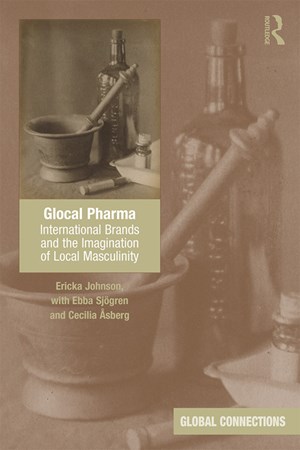The Posthumanities Hub is a research group founded and directed by Cecilia Åsberg, focused on feminist posthumanities. It is also a lively community of more-than-feminist research, PhD-training, teaching and networking across several universities. For instance, between 2018 and 2021 The Posthumanities Hub was hosted along with Åsberg’s guest professorship at KTH Royal Institute of Technology in Stockholm, and since then both the group and its wider platform conjoins practitioners and researchers from several universities, institutions and walks of life. A postconventional research group as such, it is also a platform for postdisciplinary reinventions, environmental humanities and more-than-human humanities in action.
As a network of networks for in-field philosophy, arts, and sciences informed by advanced cultural critique and feminist creativity, we host scholarly and public events, guest researchers, artists-in-residence and seminars. From such collaborative vantage points, we bring science and nonhumans (nature, animal, technology) to the humanities, and transformational humanities to the people.
In our transdisciplinary research - across different projects (funded by ERC, Nordic and Swedish research councils) - we specialize in the human and more-than-human condition, and inventive feminist materialist philosophies and methodologies. This entails work in environmental humanities, human animal studies, cultural studies of science and technology, AI and new media, citizen science/citizen humanities, digital and techno-humanities, body studies, medical humanities and environmental health (especially toxic embodiment), the posthuman, a-human, inhuman, nonhuman, and trans-, queer or anti-imperialist theory-practices, feminist science studies, and other inter- and/or postdisciplinary areas of researching. What we have in common is an understanding of a complex and changing world that does not admit to old academic disciplinary divisions of labour (i.e., that research on “culture” is for the humanities and “nature” for science.) We work instead to meet up with pressing societal challenges – such as those of sustainability and how we can become better ancestors to generations ahead, creative AI and synthetic biology, environmental change and mass species extinction - across the natureculture divide and we target specific cases. Curiously, creatively, critically, and collaboratively.





